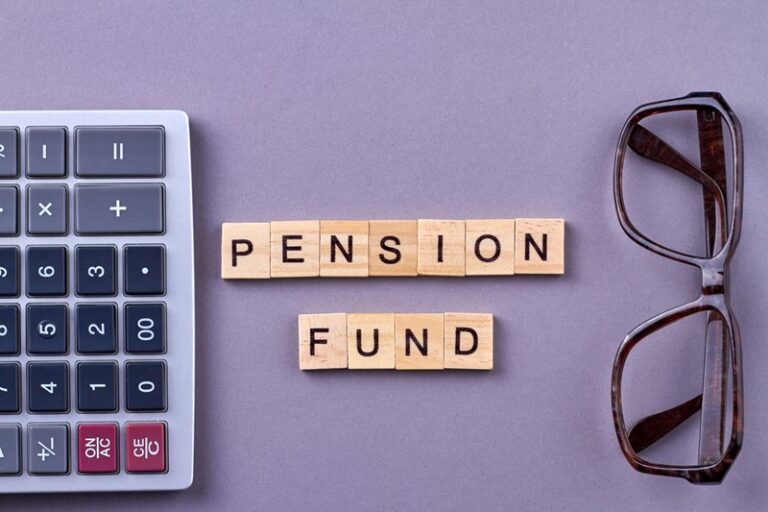Take advantage of new pension tax reforms
The new pension tax reforms that were announced in the recent Spring Budget took effect from 6 April 2023. The old £40,000 cap on annual pension contributions has been increased by 50% to £60,000, with effect from 6 April 2023. Tax relief for contributions to pension schemes is given at a taxpayer’s marginal rate of Income Tax and is subject to the increased underlying limits. Taxpayers will continue to be able to carry forward unused annual allowances the last three tax years if they have made pension savings in those years.
The lifetime allowance was the maximum amount of pension and/or lump sum that benefits from tax relief. The lifetime allowance was removed from 6 April 2023 and will be fully abolished in a future Finance Bill. Both of these changes are intended to incentivise older employees to continue in work whilst continuing to build additional pension savings.
In addition, the adjusted income threshold for the Tapered Annual Allowance increased from £240,000 to £260,000 on 6 April 2023. Those earning over £260,000 (from 6 April 2023) will see their £60,000 annual allowance tapered. For every complete £2 income exceeds £260,000 the annual allowance is reduced by £1. The annual allowance cannot be reduced to less than £10,000 (2022-23: £4,000). The Money Purchase Annual Allowance also increased to £10,000 (2022-23: £4,000) from 6 April 2023.
The maximum amount that most individuals can claim as a Pension commencement lump sum (PCLS) was historically based on a cap of 25% of the available lifetime allowance. In the current tax year, there remains a PCLS upper monetary cap of £268,275 (based on 25% of the 2022-23 lifetime allowance). Any individuals who already had a protected right to take a higher PCLS will continue be able to do so.







